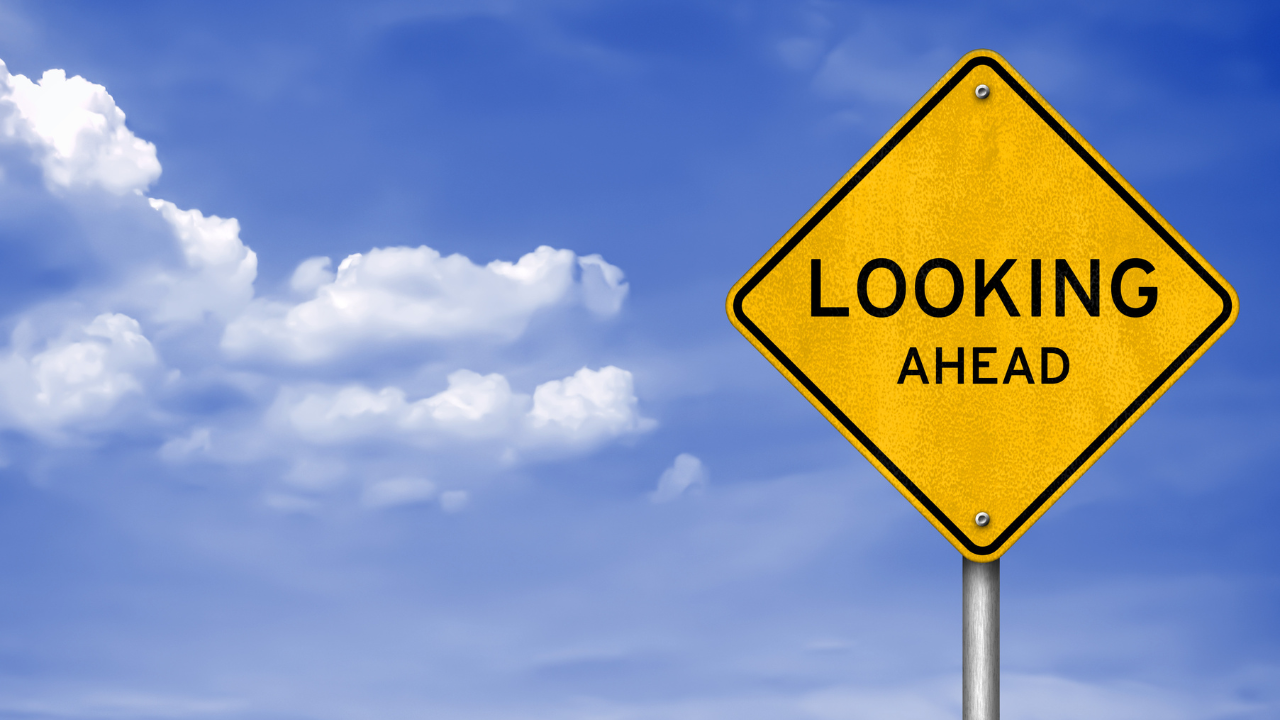The State of America's Direct Support Workforce Crisis 2024
New report sheds light on persistent problems facing community providers due to ongoing recruitment and retention challenges
Browse the Data
Connections - 03.29.24
SSA’s Overpayment Overhaul

Share this page
Stay Informed on the Latest Research & Analysis from ANCOR
More News
Industry Insights - 12.19.24
Industry Insights: December 2024

Stateside Report - 12.02.24
Stateside Report: December 02, 2024

Industry Insights - 11.21.24
Industry Insights: November 2024



